10 Vacation Rental Laws to Know Before Investing in a Property
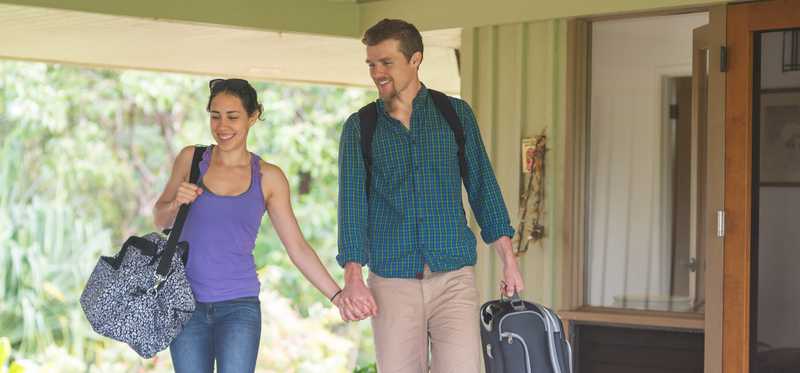
10 Vacation Rental Laws to Know Before Investing in a Property
The era of Airbnb
In just a decade, homestays like Airbnb (Nasdaq: ABNB) and VRBO went from a novel concept to a mainstream way of traveling. These platforms have expanded travel to a larger market, giving people options to stay in places that don't have hotels, like rural areas and underserved urban neighborhoods, and the ability to stay somewhere comfortably for weeks or even months.
Additionally, vacation rentals can be valuable side hustles or even small businesses. However, with the boom, there's been a backlash in some municipalities as some neighbors aren't happy with the proliferation of Airbnbs.
Before you open your own vacation rental, you should be aware of local laws that could restrict you. Here are 10, in particular, to be aware of.
5 Stocks Under $49
Presented by Motley Fool Stock Advisor
We hear it over and over from investors, "I wish I had bought Amazon or Netflix when they were first recommended by The Motley Fool. I'd be sitting on a gold mine!" It's true, but we think these 5 other stocks are screaming buys. And you can buy them now for less than $49 a share! Click here to learn how you can grab a copy of "5 Growth Stocks Under $49" for FREE for a limited time only.
Previous
Next

1. Minimum stay requirements
Vacation rentals are legal, to some degree, almost everywhere in the U.S., but you may not be able to rent a place out whenever you want.
In some towns and cities, rentals are only allowed above a minimum number of days per stay, like 30, in part to prevent vacation rentals from becoming "illegal hotels" or attracting guests strictly interested in vacation.
In the town where I live in Maine, vacation rentals have to be for a minimum of 30 days without a special permit.
If you're planning on setting up a vacation rental, check with the local jurisdiction to make sure there aren't minimum stays as that will make it difficult to maximize your profit. You may also want to check local news reports to see whether such laws are being considered in your area.
Previous
Next

2. Occupancy taxes
Home-sharing developed before the legal framework to regulate it did, and laws such as taxes are still evolving.
Some jurisdictions require vacation rentals to collect occupancy taxes, while some don't. You will want to make sure that you understand your tax responsibility before you start hosting.
Having to collect occupancy taxes, for example, is not only an additional responsibility you have but also possibly a deterrent to prospective renters; at the very least, it will add to their costs.
Previous
Next

3. Residence requirements
Some Airbnbs and vacation rentals only allow certain kinds of homeowners to rent out a vacation rental. For example, the home may have to be your primary residence. If you want to rent it out when you're away, there may be a maximum number of days you're allowed to rent it out.
Many municipalities impose these restrictions because they want to give homeowners some opportunity to monetize their homes, but they don't want to deplete local housing stock by turning it into vacation rentals.
Previous
Next
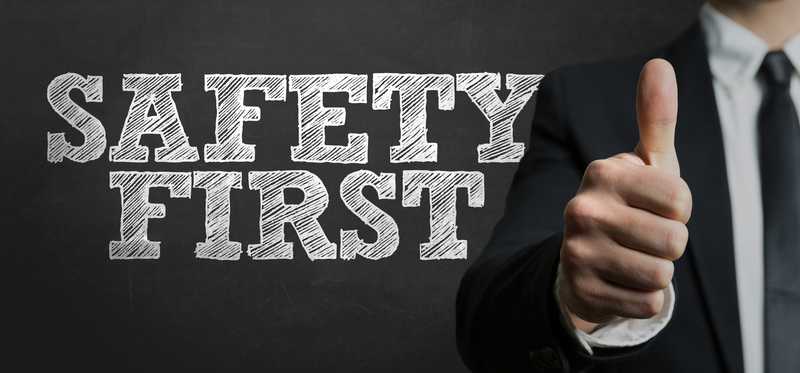
4. Safety rules
Home-sharing platforms like VRBO and Airbnb will likely require certain safety features, and local jurisdictions may have their own laws as well.
For instance, VRBO asks that smoke alarms and carbon monoxide detectors be in use and that fire extinguishers be available. It also says guests must be made aware of an emergency exit route.
You may have to make sure the space is up to local building codes in other ways, with an emergency exit available and adequate parking. There may also be special rules due to COVID-19 in your area.
Previous
Next
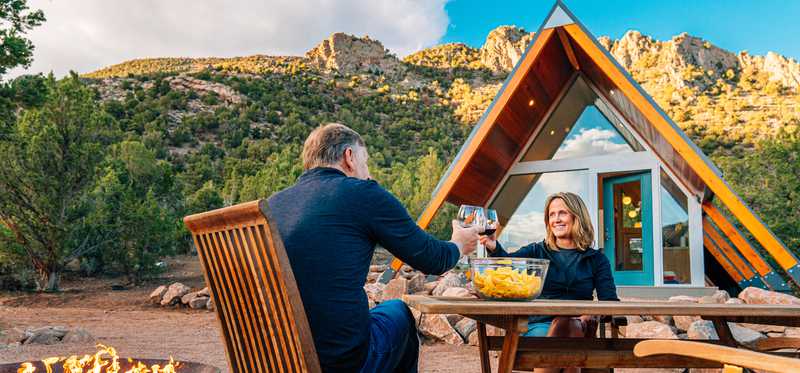
5. Permitting requirements
In some jurisdictions, opening a vacation rental takes more than just listing your property on a home-sharing site. You may need to get a permit or a license so that the municipality is aware that you are operating a vacation rental.
You might have to pay a fee and give information about your property, including a floor plan and a safety plan, to get a license. If you're unsure whether your city has a permitting requirement, you can check with your local government.
Airbnb also has a non-comprehensive list of cities with special short-term rental regulations on its website that can help tell you what licensing requirements you need to follow in your area.
5 Stocks Under $49
Presented by Motley Fool Stock Advisor
We hear it over and over from investors, "I wish I had bought Amazon or Netflix when they were first recommended by The Motley Fool. I'd be sitting on a gold mine!" It's true, but we think these 5 other stocks are screaming buys. And you can buy them now for less than $49 a share! Click here to learn how you can grab a copy of "5 Growth Stocks Under $49" for FREE for a limited time only.
Previous
Next

6. HOA rules
Beyond local laws, prospective short-term rental operators should also be aware of restrictions in their communities. If you own a condo, a co-op apartment, or are part of a homeowners association, there could be specific rules and guidelines about renting out your home on a site like Airbnb.
Before listing your home on a home-sharing site, you'll want to check the bylaws of your community association, as many restrict short-term rentals below 30 days. Even if there isn't an explicit ban, in the interest of being neighborly, you might want to alert your immediate neighbors to let them know you plan to host short-term guests.
If your neighbors have an issue with noise or garbage, it's better for them to contact you directly than report it to the community board.
Previous
Next
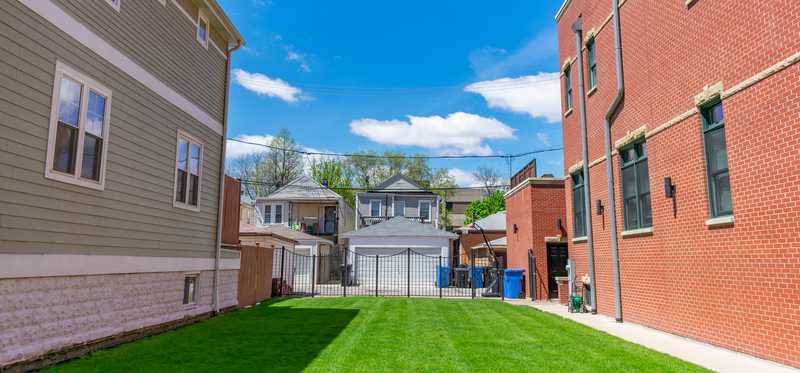
7. Subsidized housing
If you're considering renting out an apartment with rent control or rent stabilization, you likely won't be able to.
Such apartments tend to have restrictions that prevent them from being sublet so that the discounted price benefits the resident rather than functioning as a moneymaking scheme.
You may be able to Airbnb the apartment without getting caught, but you should double-check the consequences of renting it out -- the potential fine may not be worth the risk.
Previous
Next

8. Homeowners insurance
Almost every homeowner carries insurance for a catastrophic event, like a fire or flood or similar damage. But whether your insurance will protect you from Airbnbers who damage your property, for example, is a gray area.
If you use your home frequently to generate income from home-sharing sites like Airbnb, you'll want to check with your insurance provider to see if you're covered. You may have to take out an additional policy now that you're using your home as a business.
Airbnb says it will cover $1 million in property damage, but you may also want to consider having your own policy, depending on the value of your home or the potential liability exposure you might have.
Previous
Next

9. Tax implications
Depending on how many nights you rent out your property, you may owe taxes on your income. In general, if you rent out a home for more than 14 days, you'll have to pay taxes on that income.
In addition to ordinary income tax, you will also owe self-employment tax on the income, or 15.3%, which you may already pay if you are self-employed or work freelance.
The good news is that you may be able to deduct some of the expenses for your rent or mortgage and any direct costs for running the short-term rental, such as cleaning.
You're best off consulting with a professional accountant if you plan to make short-term rentals a significant part of your income.
Previous
Next

10. Multiple listings
Some cities and towns, generally those that restrict short-term rentals in other ways, also have restrictions on how many listings you can post. Again, the idea is to keep housing stock available for long-term residents rather than vacationers.
For example, in New York City, which has some of the toughest short-term rental laws in the country, Airbnb won't allow you to have multiple listings in the same building. This prohibits an operator from buying a small building and making all of the apartments short-term rentals.
If you are considering building a business around short-term rentals, make sure the locality you are targeting allows for multiple listings from the same owner.
5 Stocks Under $49
Presented by Motley Fool Stock Advisor
We hear it over and over from investors, "I wish I had bought Amazon or Netflix when they were first recommended by The Motley Fool. I'd be sitting on a gold mine!" It's true, but we think these 5 other stocks are screaming buys. And you can buy them now for less than $49 a share! Click here to learn how you can grab a copy of "5 Growth Stocks Under $49" for FREE for a limited time only.
Previous
Next
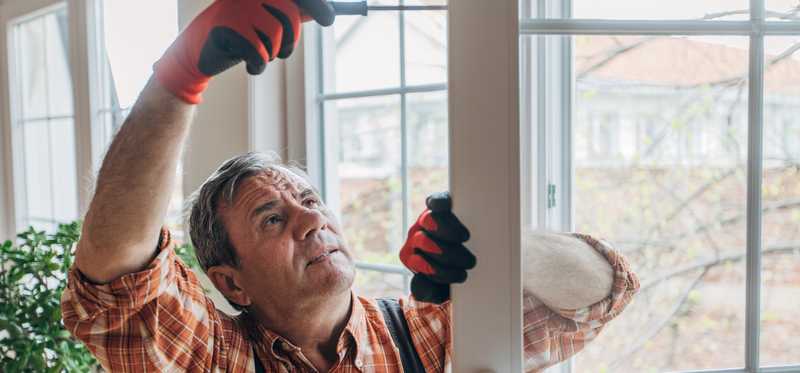
Learn the ropes
Operating a vacation rental can be highly lucrative, especially if you choose a good area to put it in. Still, you should be aware of local laws and regulations, as well as the political winds in the area.
A fine for thousands of dollars, for example, probably isn't worth the risk of violating short-term rental laws.
Additionally, if you're trying to forecast your financials, you'll want to be aware of things like the tax implications of hosting a short-term rental.
The good news is that the market for short-term rentals continues to grow, so there are still plenty of opportunities left in the market. In fact, with trends like remote work and the recovery from the pandemic, the next couple of years could be highly lucrative for vacation rental operators.
Jeremy Bowman owns Airbnb, Inc. The Motley Fool owns and recommends Airbnb, Inc. The Motley Fool has a disclosure policy.
Previous
Next
Invest Smarter with The Motley Fool
Join Over Half a Million Premium Members Receiving…
- New Stock Picks Each Month
- Detailed Analysis of Companies
- Model Portfolios
- Live Streaming During Market Hours
- And Much More
READ MORE
HOW THE MOTLEY FOOL CAN HELP YOU
-
Premium Investing Guidance
Market beating stocks from our award-winning service
-
The Daily Upside Newsletter
Investment news and high-quality insights delivered straight to your inbox
-
Get Started Investing
You can do it. Successful investing in just a few steps
-
Win at Retirement
Secrets and strategies for the post-work life you want.
-
Find a Broker
Find the right brokerage account for you.
-
Listen to our Podcasts
Hear our experts take on stocks, the market, and how to invest.
Premium Investing Services
Invest better with The Motley Fool. Get stock recommendations, portfolio guidance, and more from The Motley Fool's premium services.